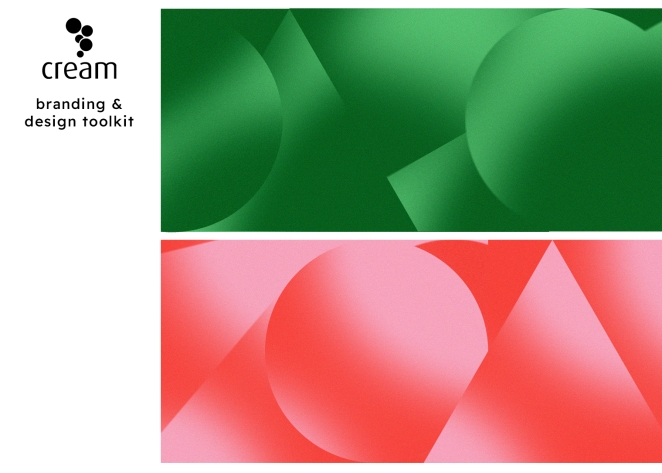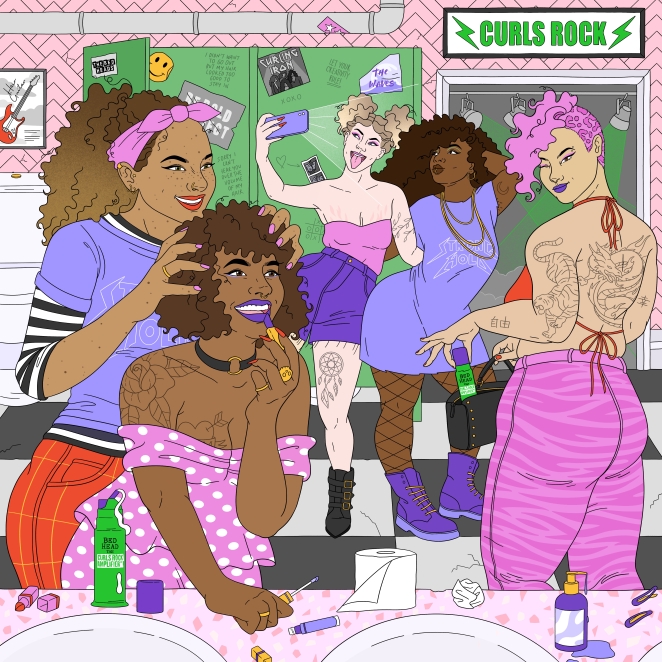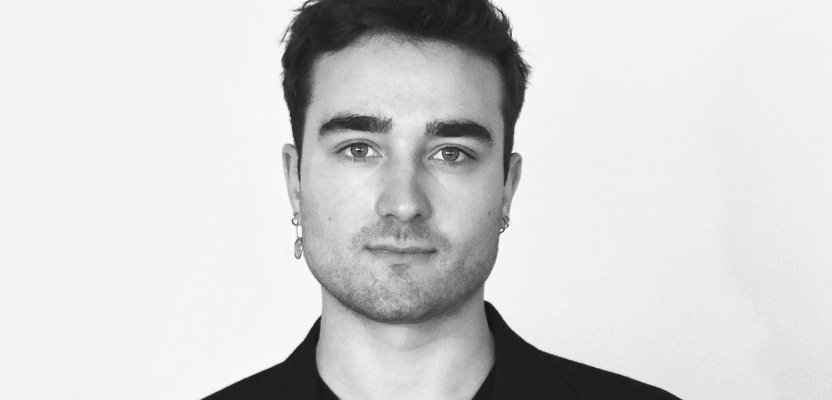Tell us a bit about your role! Is there a “typical” day?
My role spans most client accounts at Cream, so I’m usually multi-tasking across campaigns – switching my mindset between brands, target audiences, messages, and sectors.
Currently, I’m working with the team to plan a social content video shoot we’re really excited about, which will involve putting an influencer in conversation with members of the public.
What was the biggest challenge in getting to your current position?
When I began my career at Cream over seven years ago, creative services weren’t part of our offering. It’s been a fulfilling challenge building up our skills and credentials in this area, and now Cream Creative is an established part of our full-service offering.
This has been enriching and means we’re able to respond to briefs with a totally objective view of which services will be most valuable.
What is your personal background and what role did it play in your career?
I’ve always been a creative person with skills in fine art, music and writing. My first job was in magazine journalism which was a great way to marry art and commerce, so making the leap to branding and advertising made perfect sense.
What is your biggest career-related win? What is your biggest loss?

It’s been fulfilling to push for LGBTQ+ representation in campaigns that I’ve worked on for some big FMCG brands, and in particular helping clients to approach this with authenticity and genuine community support, rather than tokenism.
In terms of losses, it was frustrating to have one of our biggest creative wins cut short due to the pandemic, but our portfolio has become even stronger since then, so it feels like a distant memory.
Which individuals and/or agencies do you gain inspiration from? Do you have any heroes in the industry?
I think it’s important to learn from all creative disciplines, so my role models are quite far away from the industry. I try to dedicate time to soaking up as much creative material as I can, new and old, to keep building up my cultural points of reference for use at work.
Some of my life-long idols are visionaries like Pina Bausch, Pedro Almodovar, Beyonce and David Lynch. It’s also a joy to watch more recent movements take shape – for example, I’ve been a huge PC Music fan over the years, seeing the likes of Sophie, A.G. Cook and Charli XCX make a massive impact on the pop culture landscape.
If you could go back to your teenage years, would you have done things differently? Do you have any regrets?
Regrets seem like wasted energy to me, but I do wish I’d pushed myself much further to get work out there at a younger age, rather than feeling embarrassed about it.
If you weren’t in your current industry, what would you be doing?
There’s a lot I’m passionate about so this is a hard question, but I’ve always been absolutely fascinated by set design, art direction and creature design in Hollywood blockbusters – I’d love to be behind the scenes on a huge production.
It seems practical effects are enjoying a resurgence, and I absolutely love seeing big-budget institutions like Star Wars reducing their use of CGI in favour of in-camera magic. It looks beautiful, and it outdates slower.
What’s your one big dream for the future of the industry?

There remains a huge diversity problem in industry recruitment, and I hope our collective efforts to reach young talent will change this. Increasing scrutiny and accountability at every level with support from bodies like the IPA and initiatives like the B-corp accreditation will hopefully accelerate the speed of change.
What are your top tips for aspiring creative professionals?
It’s important to exercise creativity constantly if you want to see progress – just like learning a language or working out. This should include work which will never be seen by anyone else.
I have a lot of hobbies in my personal time like song-writing, production, painting and writing. Most of this doesn’t see the light of day, but it’s really productive to create without an audience in mind – everything you do improves your skills.
What are your top tips for other creative leaders?
I think it’s crucial to tailor agency work to a brand and its target audience – it’s a trap to create something you simply think is cool and hope that it works.
I run a regular session at Cream in which we give the team small, focused creative briefs which are entirely outside of our client projects, but encourage everyone to think outside the box, whatever their role.
When you think about your team, what is the thing that matters to you the most?
I hope they find the work fulfilling, enjoy time spent with the rest of the team, and have a good work-life balance.
Do you have any websites, books or resources you would recommend?

I’ve become a huge Pinterest user recently, after a long time ignoring it. It’s a powerful tool for gathering visual inspiration with incredible speed, and building up banks of imagery for reference later on. There’s also nothing like browsing coffee table books in second hand stores, to find some really weird and wonderful inspirations.
I’ve also been enjoying the AI image generator MidJourney, as a way to reach new visual ideas quickly – it’s inspiring and exciting to lose control over the image you’re creating, and receive something unexpected for your prompts. These are often the starting point for mood-boards.






